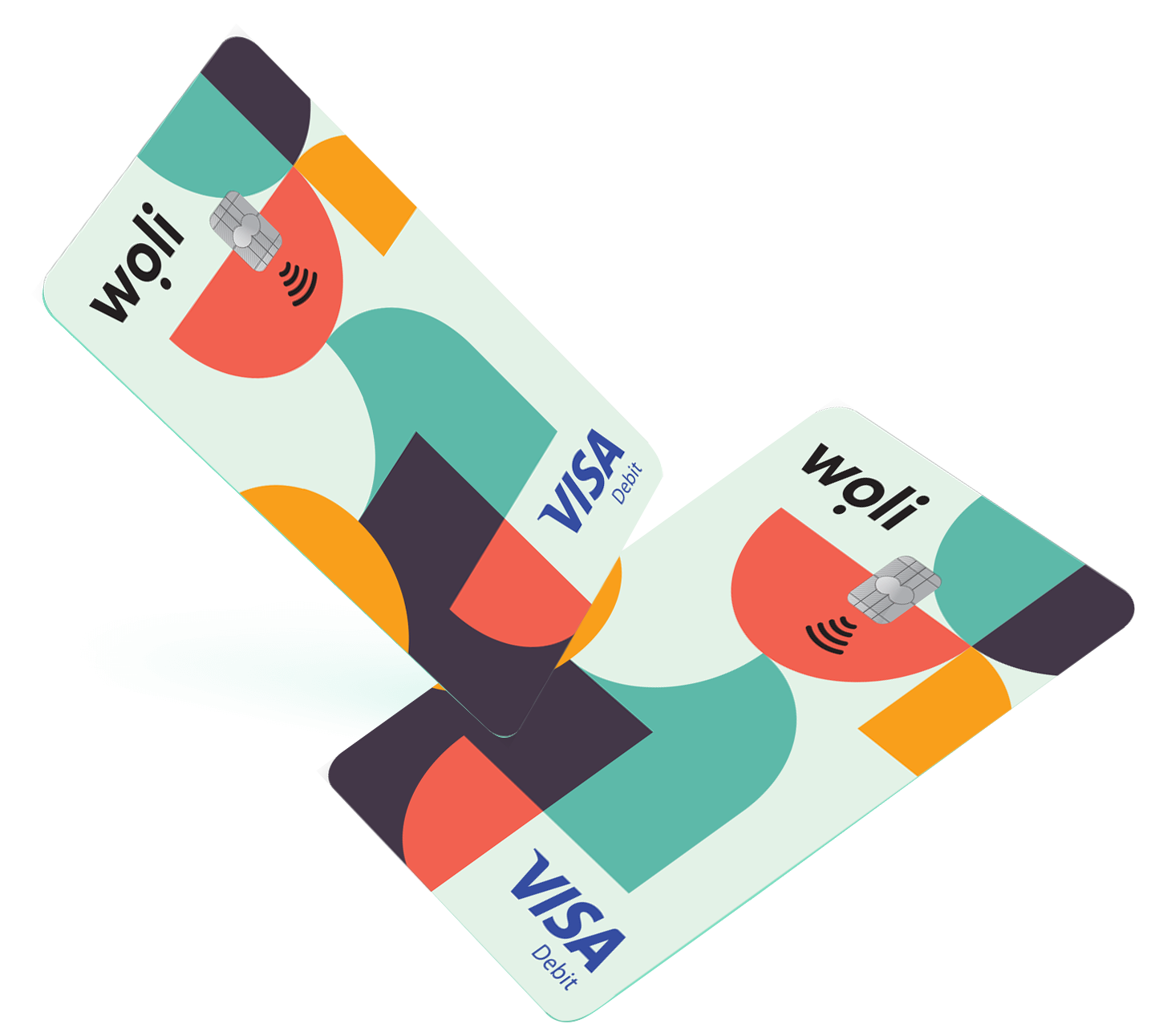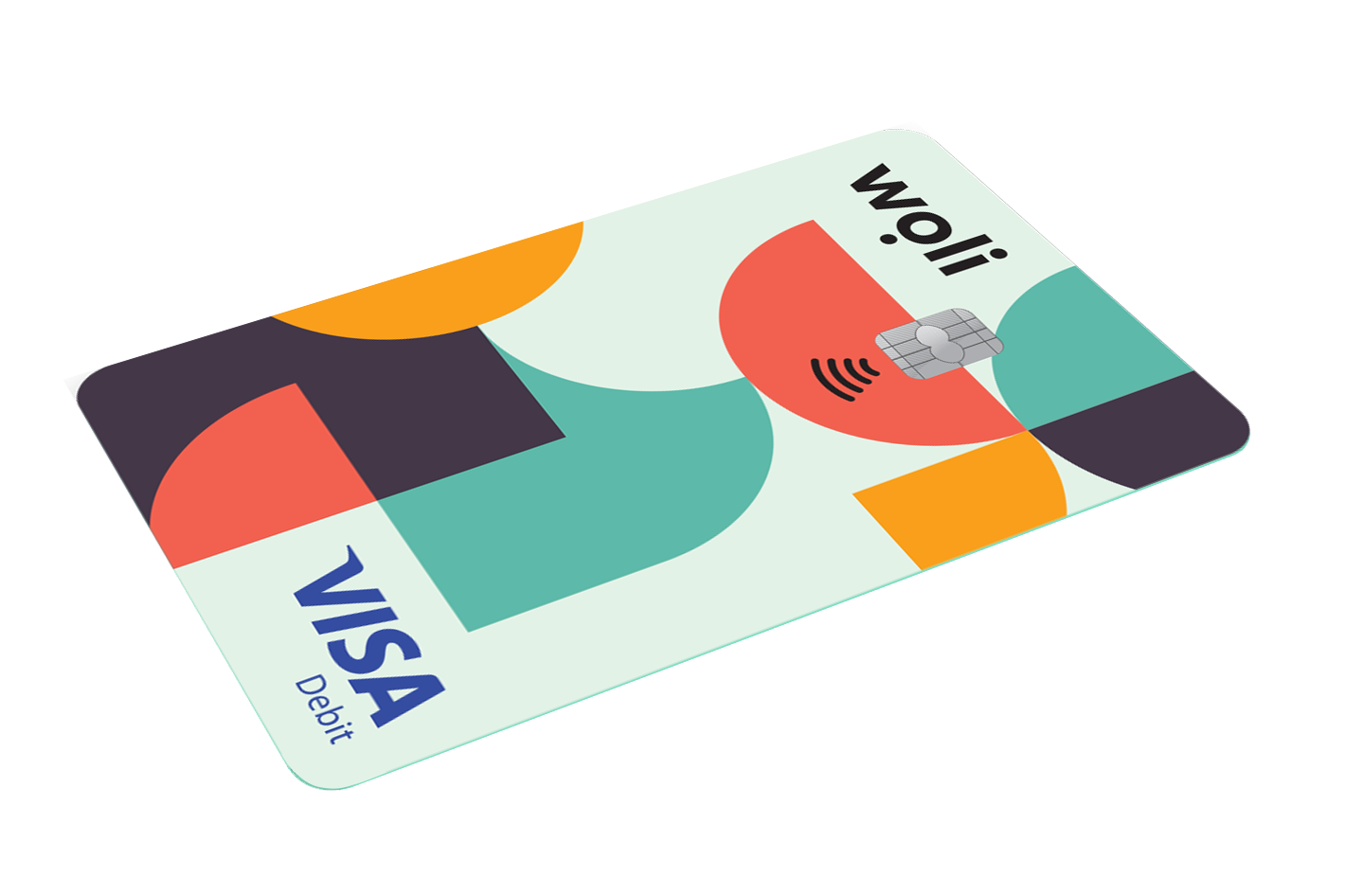The internet is now an important part of our lives and the lives of our children. From a place of finding information it has been transformed into a means of social networking, education, communication, financial transactions, shopping, sales and so much more. Today the internet provides a multitude of services that make our daily lives simpler. However, at the same time, malicious users are also hiding on the internet web, who aim to expose our data, intimidate us or extort money, personal information and important original material. In our children’s journey through this not-so-dreamlike space of the internet, our role as parents is to prepare and protect our children to avoid pitfalls.
The best protection is to inform, prevent and of course to understand the child and his needs. To this end, discuss with the children and explore what they are doing when they are connected to the internet. What they want to navigate and what they are actually looking for. What kind of programs they use, who they communicate with and for what reasons. Ask if they themselves feel safe or if they have sometimes felt that there is a risk and in which cases.
Having understood what your child’s relationship with the internet is, it’s time to do your research. Read reviews about the programs he/she uses and check if there is a risk of cheating. Investigate whether personal information is requested and how. Remind them regularly that we do not share addresses, telephone numbers, codes or other personal information even if the question appears to come from reliable sources. Also, make it clear that in the context of security we only communicate with people we know. Even if they receive something that seems to come possibly from someone known, they must also investigate it in another way (e.g. by phone) as this is one of the most common online scams.
Read about online scams targeting children and teens and have discussions about it. Some of the most well-known scams that it is good for us all to be aware of are identity fraud mentioned above, phishing, where you are asked to give your codes because your account has supposedly been blocked, the purchases from controversial websites, where you prepay but the products never come, the gifts that you won from a pop-up window but that in order to receive them you will have to send a fee, etc.
Alongside the above, proactively create the framework for safe web surfing. Install antivirus or anti-malware programs on all digital devices. Turn on firewalls, additional security features like multi-factor authentication or fingerprint recognition, and make the necessary updates.
Finally, create a climate of trust in your relationship with children for an open dialogue so that you are their reference person for anything that they find difficult or strange as they explore the world of the internet.






